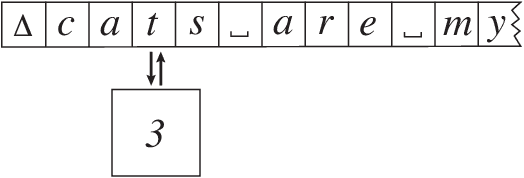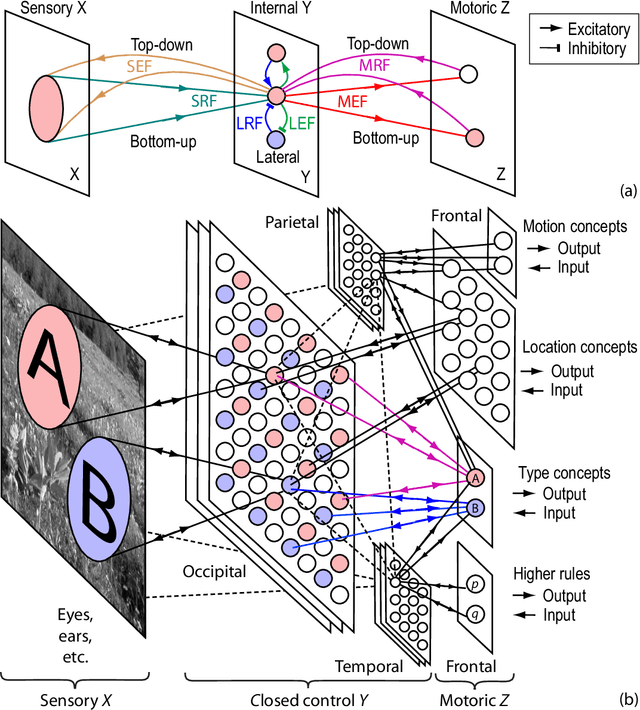Conscious Intelligence Requires Lifelong Autonomous Programming For General Purposes
Paper and Code
Jun 30, 2020



Universal Turing Machines [29, 10, 18] are well known in computer science but they are about manual programming for general purposes. Although human children perform conscious learning (i.e., learning while being conscious) from infancy [24, 23, 14, 4], it is unknown that Universal Turing Machiness can facilitate not only our understanding of Autonomous Programming For General Purposes (APFGP) by machines, but also enable early-age conscious learning. This work reports a new kind of AI---conscious learning AI from a machine's "baby" time. Instead of arguing what static tasks a conscious machine should be able to do during its "adulthood", this work suggests that APFGP is a computationally clearer and necessary criterion for us to judge whether a machine is capable of conscious learning so that it can autonomously acquire skills along its "career path". The results here report new concepts and experimental studies for early vision, audition, natural language understanding, and emotion, with conscious learning capabilities that are absent from traditional AI systems.
 Add to Chrome
Add to Chrome Add to Firefox
Add to Firefox Add to Edge
Add to Edge